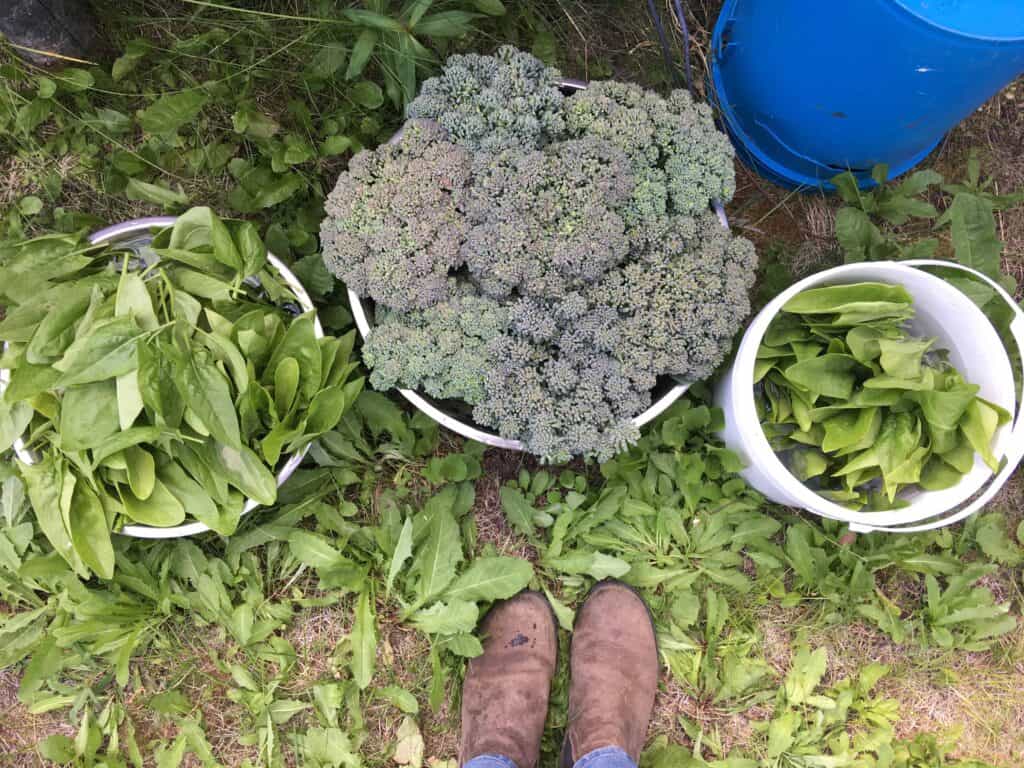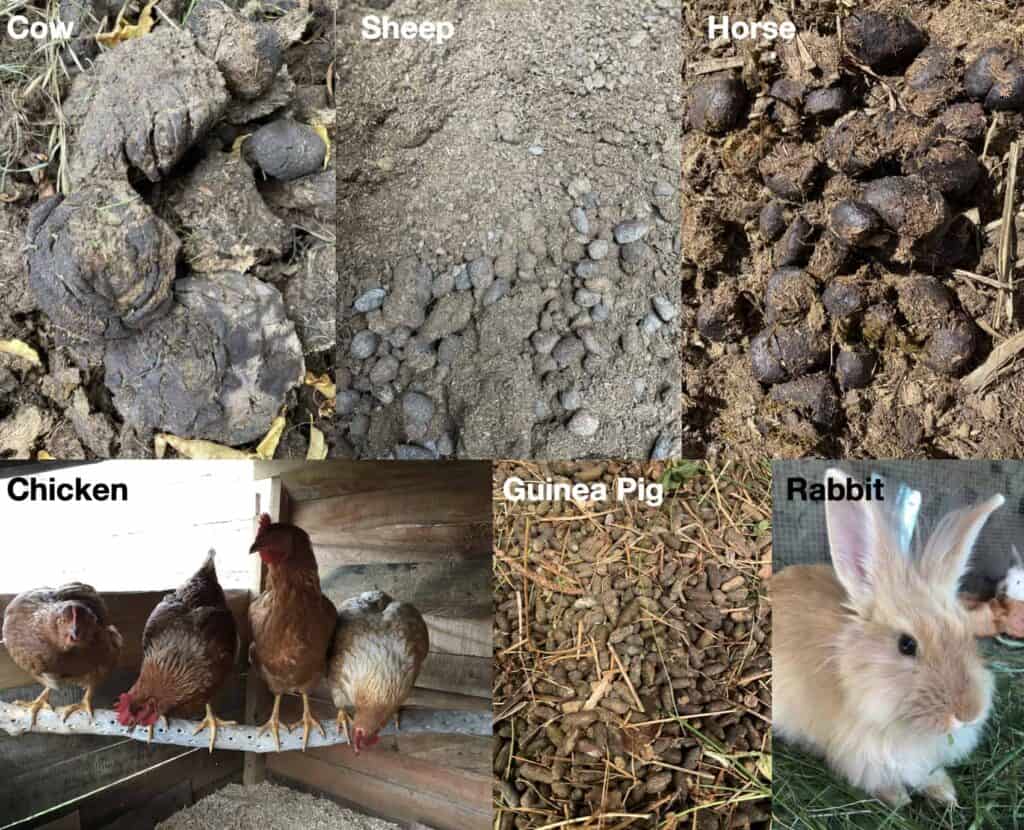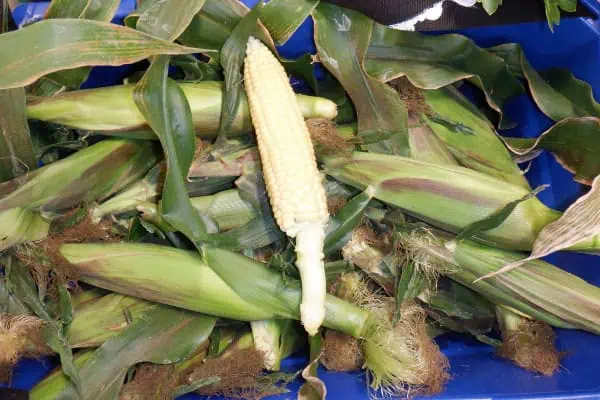

Gardening in the Yukon can sometimes feel like a perennial struggle when in other parts of the country it might appear almost effortless. The extremely cold winters, the late (and early) frosts and the often poor soil quality can make a gardener’s work a lot more difficult in the North. While we can’t do much about the first two hurdles, the last mentioned has a solution that may be found much closer than you might expect; in fact, it might be just lying around a friend’s yard.
One of the best ways to recharge and re-energize your soil is by adding animal manure. Manure adds nutrients and organic matter back to the soil and can do wonders for your garden. It’s a way to support your flowers and vegetables in a natural way and give them an extra boost. Adding manure to your garden beds improves the soil’s water retention, structure and level of micro-organisms. It also accelerates plant growth and can help them be more disease-resistant.
When it comes to manure, fresh is not better. Almost all manure is best when composted (left to decompose and mature) before use, because high levels of concentrated nutrients, especially nitrogen, in fresh “hot” manure, can burn your plants. You can easily age manure by itself, in a corner of your property, or you can add it to your existing compost pile. Keep in mind that fresh manure and compost may attract wildlife, large and small.
You’ll know that it’s ready to be used because it will start to look more like soil and will no longer have the same intense manure smell. Turning it over, every once in a while, will help with decomposition. Keep in mind that, because of our colder climate, manure and compost decompose at a slightly slower rate here than what might be the case in warmer parts of the world. Letting your manure age will also help in reducing weed growth since any weed seeds present in the manure will eventually die with time and the heat generated in the decomposition process.
You can add manure to your garden in the fall, to give it time to break down a bit more, letting its nutrients become more available. Or, if it’s been well-aged and composted, you can add it in the spring as well. Each type of manure has a different nutrient profile (mainly nitrogen, phosphorus and potassium, which is referred to in a ratio called NPK), and if you really want to do a deep dive into what your particular soil needs, you can get your soil tested. The Agriculture Branch of the Yukon government offers one soil test per year, for Yukon gardeners, and can also do a more complete analysis for local farmers. You can get more information by emailing [email protected] or calling 867-667-5838 and asking to speak to the agrologist about your soil nutrient needs.
Before you call up your neighbour to ask them if you can stop by, with a shovel and a bucket, to clean out their chicken coop, or you visit your local farm to see if they’d be interested in selling some of their livestock’s manure, here are some things to keep in mind about the different kinds of manure that exist— because while all will make improvements to your soil, they are not all created equal.
Chicken manure, for example, is very high in nitrogen (which all plants need), but be careful because if used fresh, it will burn your plants’ roots. Let it age before using it. Chicken manure is also generally more alkaline than other manures and shouldn’t be used for plants that prefer slightly acidic soil, such as blueberries.
Horse manure is wonderful and very common but may contain more weed seeds than other kinds of manure. You’ll want to wait for these to be killed by the heat produced during composting; otherwise, you’ll have all sorts of new and uninvited weeds popping up in your garden next year.
Sheep manure composts faster than some other manure because of its small pellet size, but it should also be aged for at least a few months. Aged cow and goat manure are abundantly found and great for your plants, whereas pig manure can be a possible carrier of pathogens that could contaminate your food-producing garden.
Alpaca manure might be harder to come by but can be added to your garden with very little wait time. You can even apply it directly to your plants without composting it, if you want. It has lower levels of nitrogen, so you don’t have to worry about it burning your plants. It also doesn’t have the same strong odour that some other manures do and it’s said that, thanks to the alpaca’s highly developed digestive system, most seeds don’t survive digestion and therefore won’t add unwanted weeds to your garden. Llama manure can be used in a similar fashion.
Likewise, rabbit manure is considered a “cool” manure and can be used fresh. If your kids have a pet rabbit or two, you can easily save the poop cleaned from their cages and add it to your compost or your garden. Even a little will add up in the long run, and your plants will thank you. These tiny time-release capsules of nutrients might be exactly what your soil needs. Poop from your pet guinea pig can likewise be added to your compost pile, and since, like alpaca and llama manure, it doesn’t have a very-intense smell, it can even be used in your potted house plants without causing your family to complain about the odour. Cat and dog poop should always be avoided because they are likely to carry parasites that could pass to humans through the soil.
All types of livestock manure can also be used to make a manure “tea.” Ratios vary, but the basic idea is that you add manure and water to a bucket and let it steep for a few days or up to several weeks. If you like, you can put the manure in an improvised “tea bag,” such as a burlap sack or an old pillow case, so it will be easier to take out once done. Then pour off the liquid into another container and add the remaining sludge to your compost pile. Dilute the “tea,” so that it doesn’t burn the leaves or the roots, and use it either at the base of your plants or as a foliar feed (on the leaves). To be safe, don’t spray the manure tea onto plants that you’ll be eating in the near future, and be extra careful if you’re making your tea with fresh manure.
If growing your vegetables organically is something that is important to you, make sure you’re sourcing your manure from a place that feeds their animals herbicide- and pesticide-free hay/feed. Here in the Yukon we’re lucky to not have any large commercial farms, so most likely you’ll be able to get a pretty good sense of what passed through the animals and could potentially pass into your soil.YukonGrow, a local online business started in summer 2020, is another place where you can get locally sourced manure. They also sell compost, biochar and other soil amendments and can help with soil profiling, to provide you with personalized science-based guidance on what your garden and your soil might need. You can, of course, also find composted and sterilized manure that’s ready to use at Canadian Tire and at our wonderful local garden centres and nurseries.




